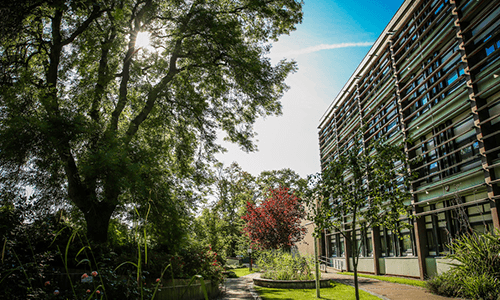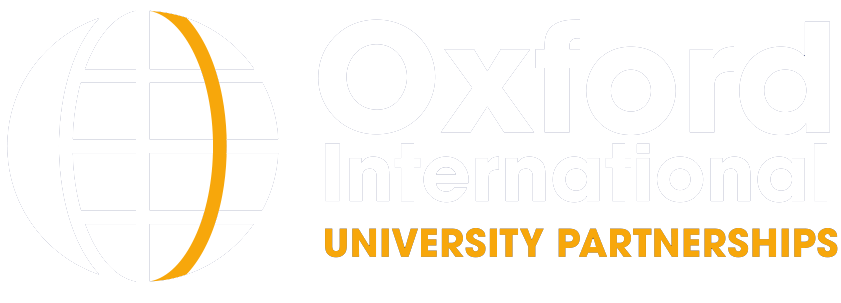Are you interested in advancing your knowledge of contemporary conflict studies, and developing the skills and qualities needed for professional conflict and peace practice?
Do you want to spend a year studying in a stimulating academic environment, working with staff who are at the forefront of their field and with students from all over the world?
Are you looking for a challenging learning experience, solving real-world problems, addressing complex ethical dilemmas, undertaking independent research projects, and practicing advanced skills for conflict engagement?
Would you like to build a portfolio of work that demonstrates your achievement of a set of professional competencies relevant to employment in the peace, conflict and development fields?
The MA Advanced Practice in Peacebuilding and Conflict Resolution is offered by the internationally recognised Department of Peace Studies and International Development, drawing on over 40 years of experience as a leading centre of peace research and education.
The programme will develop your understanding of the causes and dynamics of social conflict, with a strong focus on case-study analysis. It will allow you to develop informed judgements about when and how to engage constructively with conflict, recognising the strengths and limitations of different approaches to intervention. And you will consider critical questions surrounding and problematising efforts to build peace in different contexts, and in the light of contemporary trends, including converging environmental, economic and political developments.
Through a diverse programme of study, including a significant applied, practical element, you will develop and demonstrate knowledge and recognised competencies essential to effective, ethically-aware practice within conflict engagement and peace practice – locally, nationally or internationally.


